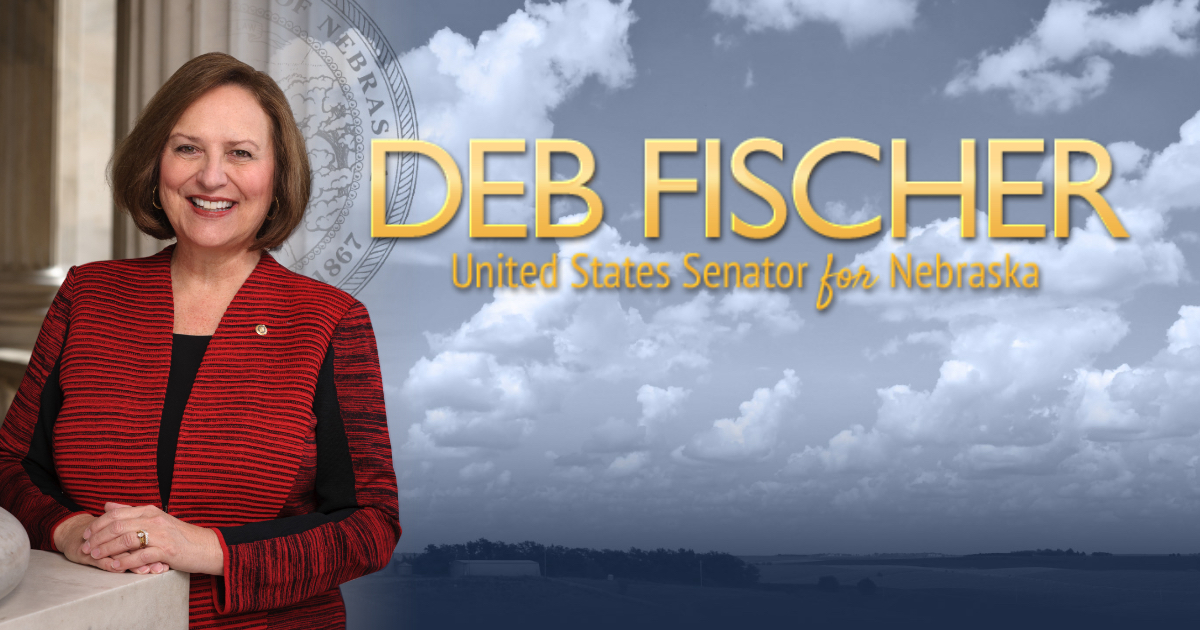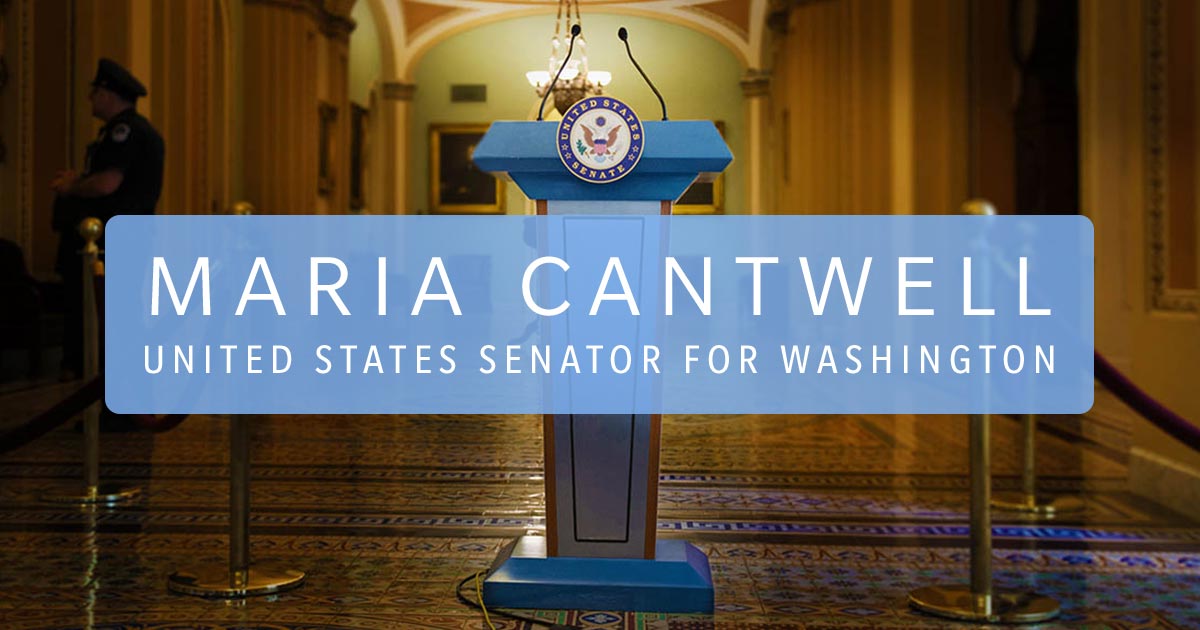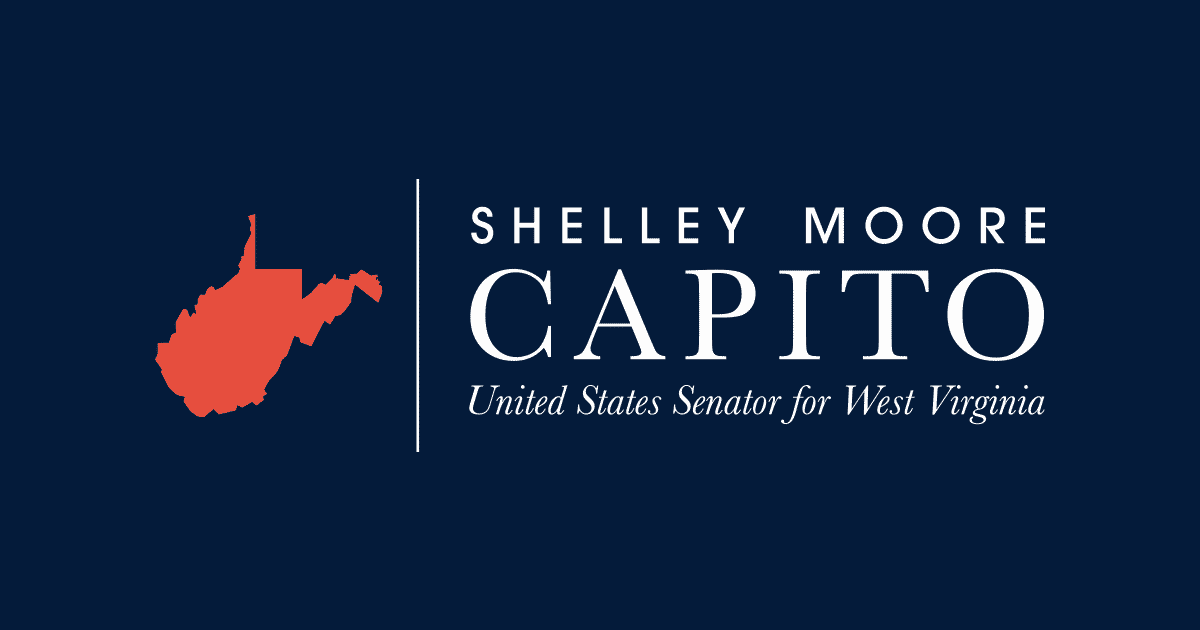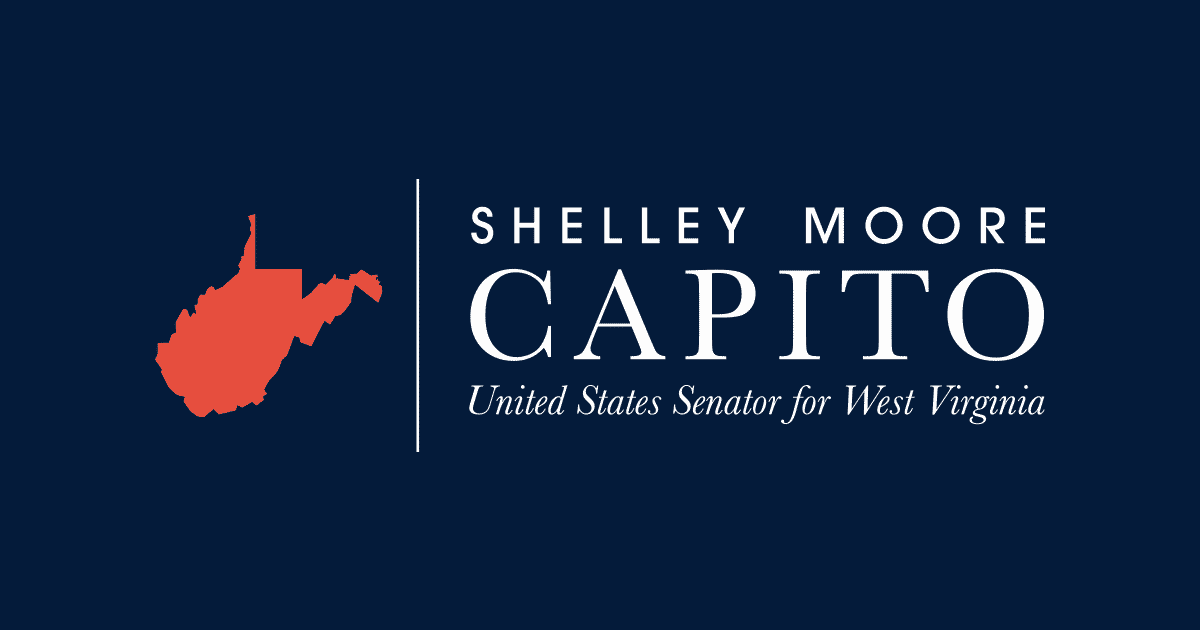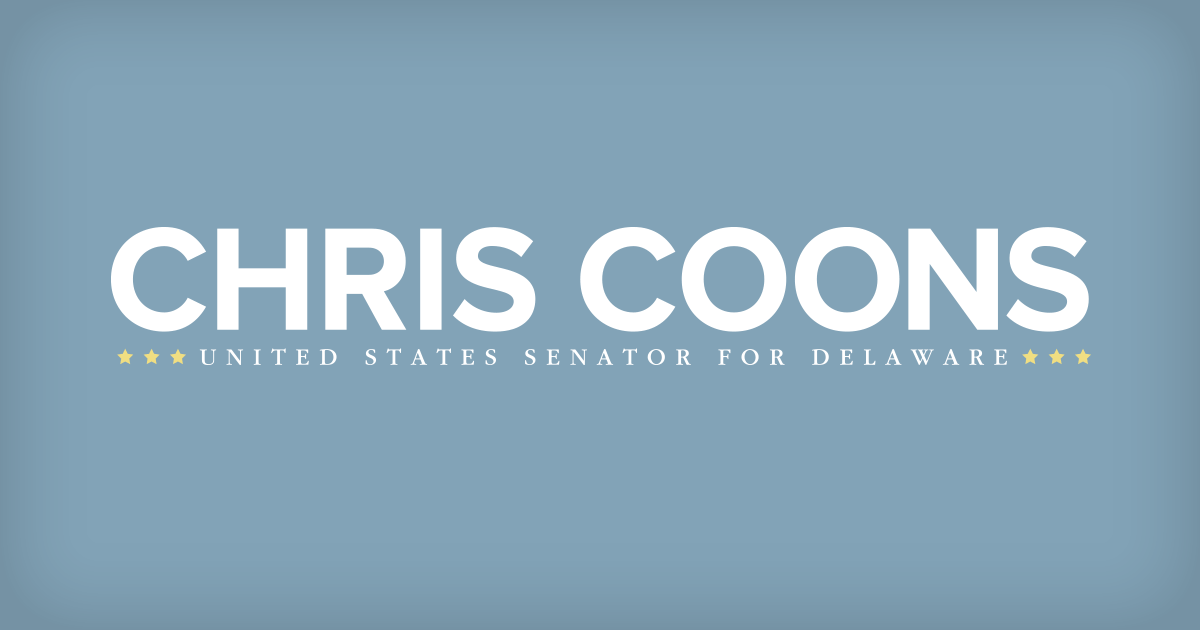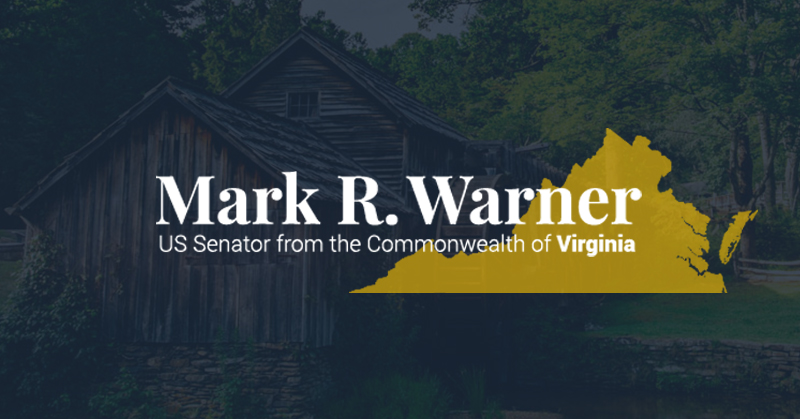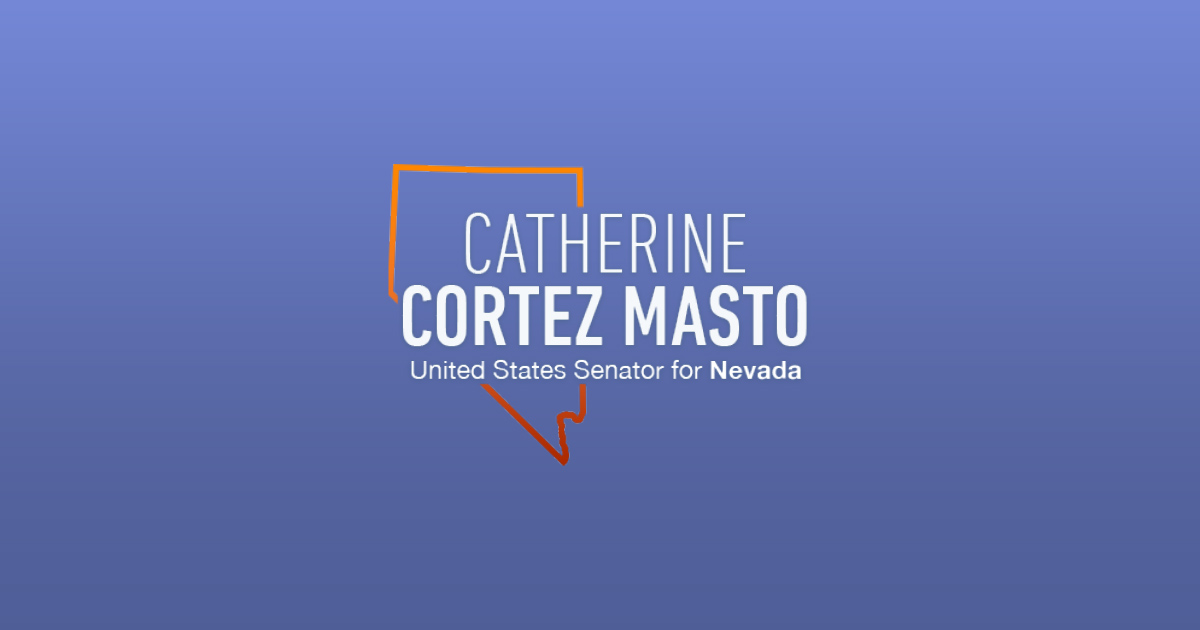Source: United States Senator for West Virginia Shelley Moore Capito
WASHINGTON, D.C. – Last week, U.S. Senator Shelley Moore Capito (R-W.Va.), Ranking Member of the Senate Appropriations Subcommittee on Labor, Health and Human Services, Education, and Related Agencies, along with her colleagues U.S. Senators Susan Collins (R-Maine) and Bill Cassidy, M.D. (R-La.), Ranking Member of the Senate Health, Education, Labor, and Pensions (HELP) Committee raised concerns to Acting Department of Labor (DOL) Secretary Julie Su after reports indicate DOL is failing to process H-2B guest worker visas on time and in accordance with its own regulations. Currently, Ms. Su’s nomination for the Secretary of DOL is being considered by the U.S. Senate.
DOL is responsible for administering visa applications for the H-2B guest worker program, which allows employers to fill positions with temporary guest workers when no American worker can be identified for a job. When an employer applies for the H-2B visa program, DOL, by its own standards, is supposed to issue a first action notice within seven business days, allowing the employer to move forward in the H-2B approval process. However, to date all applications filed on April 30th or later have yet to be processed or given any notice. In addition, DOL is required to make prevailing wage determinations to ensure migrant workers earn a comparable wage to domestic workers, a process that can take up to several months.
Given that this is only a preliminary step and that employers must also fulfill requirements from the Departments of State and Homeland Security to receive full approval, the senators expressed concern that DOL’s delays will have significant impacts on employers that rely on H-2B workers to meet their seasonal needs.
“This visa processing failure is preventing employers, including many small and family-owned businesses, from getting the help they need, when they need it…. [and delaying] a worker’s arrival past the season for which they are needed to perform the work outlined in the labor certification, leading to a variety of avoidable problems for workers and employers,” the senators wrote. “While DOL shares responsibility for the administration of this program with the Department of State and the Department of Homeland Security, DOL is responsible for completing the first steps in the H-2B application process that must occur before these other agencies can begin their part of the process.”
“[D]espite the request for additional funding, DOL does not appear to have conducted a thorough evaluation of its processes or identified specific refinements that need to occur to get the program back on track,” the senators continued. “In order to fully consider potential legislative proposals and appropriations requests, it is critical for Congress to understand how DOL is attempting to rectify the H-2B visa application backlog. As such, please provide responses to the following questions, on a question-by-question basis, by June 22, 2023.”
Read the full letter here or below.
Dear Acting Secretary Su:
Reviewing publicly available data, it is clear to us that the Department of Labor’s (DOL) Employment and Training Administration (ETA) is struggling to timely process H-2B visas. The H-2B visa program allows for temporary, full-time, non-agricultural positions to be filled by a guest worker when no American worker can be identified for the job. This visa processing failure is preventing employers, including many small and family-owned businesses, from getting the help they need, when they need it. Indeed, in some cases, these failures delay a worker’s arrival past the season for which they are needed to perform the work outlined in the labor certification, leading to a variety of avoidable problems for workers and employers. While DOL shares responsibility for the administration of this program with the Department of State and the Department of Homeland Security, DOL is responsible for completing the first steps in the H-2B application process that must occur before these other agencies can begin their part of the process.
DOL is not meeting its own milestones for the proper administration of the program. According to DOL, “[w]ithin seven business days of receipt of the application, the Chicago [National Processing Center (NPC)] will notify the employer in writing of the decision to accept (Notice of Acceptance) or not accept (Notice of Deficiency) the employer’s application and/or job order.” These first action notices are required before an employer can continue the process of finding workers to fulfill its job order needs, such as the recruitment of U.S. workers. Yet, we have heard from small businesses in our states that it is taking DOL much longer to provide the first action notices. For example, DOL’s Foreign Labor Application Gateway states the average number of days to process H-2B applications was 38 days in January 2023, 37 days in February 2023, and 35 days in March 2023, time frames longer than the 30-day threshold before an employer’s stated date of need. This follows delays in the timely processing of H-2B applications in fiscal year 2022 when only 52.5% of applications were timely processed.
The problems with the timely processing of H-2B applications are not limited to the first action notices. Our constituents have reported similar delays in connection with prevailing wage determinations. Moreover, final certifications are not being finalized in a timely manner and these workers are not able to travel to the United States to begin work where they are needed the most on a temporary or seasonal basis. To date all applications filed fo May 15 start dates have yet to be certified or denied, or completely processed. These numbers are troubling, especially given that this is only the first step and the employers still need to follow the requirements of the Departments of State and Homeland Security in order to receive workers to meet their seasonal needs.
Additionally, the delays are impacting workers who are transferring from one employer to another. DOL’s delays in processing applications in a timely manner result in some workers returning home rather than transfer to the employers where they are needed next, delaying their ability to work and further complicating the employer’s business operations. These delays are concerning given that the employers participating in the program need the workers on a temporary, often seasonal, basis.
DOL’s FY2024 budget request identifies the increase in H-2B visa applications as a concern, as the number of employers attempting to utilize the system has dramatically increased over the last five years. However, despite the request for additional funding, DOL does not appear to have conducted a thorough evaluation of its processes or identified specific refinements that need to occur to get the program back on track. In order to fully consider potential legislative proposals and appropriations requests, it is critical for Congress to understand how DOL is attempting to rectify the H-2B visa application backlog. As such, please provide responses to the following questions, on a question-by-question basis, by June 22, 2023.
- What performance metrics are in place to meet the milestones and timelines that are part of the H-2B application process?
- How are these metrics used in the performance appraisal process for ETA personnel?
- Is DOL working to identify the problems that have resulted in H-2B visa application processing delays? If so, how?
- What is DOL doing to resolve identified problems to adhere to regulatory timelines established for this program?
- Are ETA personnel working in the office or still utilizing telework flexibilities? What is the telework policy that currently applies to ETA personnel?
- Has DOL assessed whether telework or other alternative work arrangements have impacted productivity? If so, what were the findings of those assessments?
Thank you for your prompt attention to this matter.
# # #
